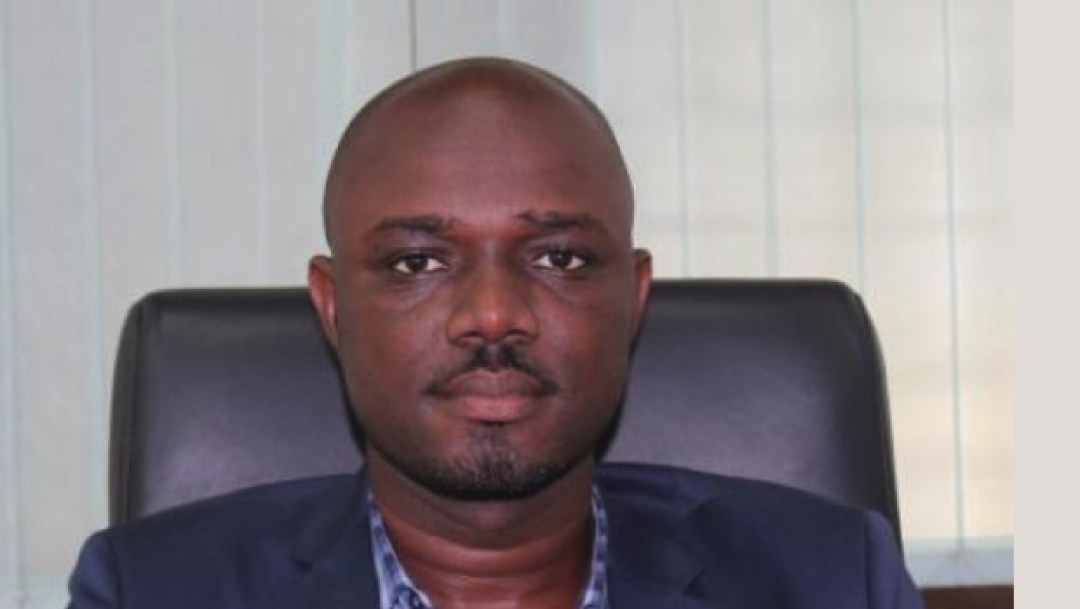Published
4 years agoon
By
Frimpong
Mr Ben Boakye, Executive Director of the Africa Centre for Energy Policy (ACEP), has kicked against plans by the government to extend the provision of free electricity to Ghanaians for another three months after the largesse was accorded Ghanaians in April, May and June in the wake of the coronavirus pandemic.Finance Minister Ken Ofori-Atta announced that the government will extend the free supply of electricity and water for another three months when he presented the 2020 mid-year budget review to Parliament on Thursday, 23 July 2020.
Mr Ofori-Atta explained that the government will continue to offer “subsidised electricity consumption for the people and for businesses, large and small, by 50 per cent to 4 million (4,086,286) households and nearly 700,000 (686,522) businesses at a cost of GH¢1.02 billion” as was the case from March 2020 for three months.
However, the free supply of water will be limited to “lifeline customers.”
Speaking on the floor of Parliament, Mr Ofori-Atta told the house: “It takes a caring government of the people, and with that, I mean, a Government of all the people, to offer cost-free water to all across the country: representing all domestic and commercial customers in Ghana for three months.”
“It takes a caring government to be for the people and for business, large and small, to choose to subsidise electricity consumption by 50 per cent to 4,086,286 households and 686,522 businesses at a cost of ¢1.02 billion in three months. And we will extend the coverage for lifeline customers for another three months,” he added.
The COV1D-19 pandemic broke out in Ghana in March this year.
Reacting to the utility freebies in an interview with journalists, Mr Boakye said: “The reality is that government only gives what have been given, therefore, whatever government spends, either our taxes or loans that have been procured on our behalf. With our understanding of how the energy sector operates and its challenges, we thought that it was populist”.
“This is not a pragmatic approach to the challenges that we have currently. If you look at how burdened ECG is currently, they are not able to generate enough revenue currently. The inefficiency still exists, so, this intervention is rather going to deepen the woes of ECG”.
“The government has committed to power generation, fuel supply and that comes at a cost, so, because ECG is unable to raise enough revenue from the power that they sell to consumers, the government has to intermittently come to finance part of their commitment”, he said.
According to him, “some of the IPPs that have been signed up and the excess capacity we have been talking about and the inefficiency that have to be offset, the government has been coming in to pay as the primary guarantor of the sector”.
“So, what that is doing is that when they pay for the inefficiency that they have failed to really address over the years, then they go to ECG and say: ‘Let us nip that off and put that into the books, so, they continue to make ECG inefficient and continue to infiltrate the decision-making of ECG and they don’t want to make the liability that results from that”.
“So, the liabilities are still in the books of government currently; they offset it at ECG and it becomes a debt.

























